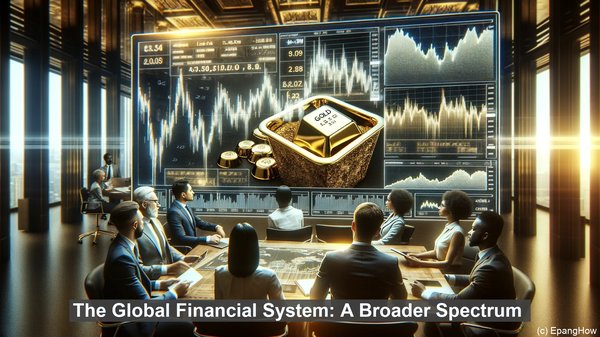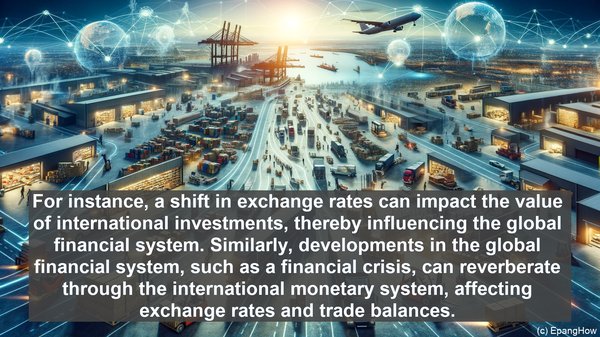Introduction: The Interconnected World of Finance
Hello and welcome! In today’s interconnected world, the flow of money and the mechanisms governing it are of paramount importance. Two terms that often emerge in discussions on global finance are the ‘international monetary system’ and the ‘global financial system.’ While they may sound similar, they refer to distinct elements. Let’s begin by understanding what each term entails.
Decoding the International Monetary System
The international monetary system primarily deals with the exchange rates and international payments between countries. It encompasses the rules, institutions, and agreements that facilitate these transactions. One of the key aspects of the international monetary system is the establishment of a common unit of currency for international transactions. Historically, this role was fulfilled by gold, and later, by the US dollar. Today, it’s a combination of various currencies, with the US dollar still retaining its prominence.

The Global Financial System: A Broader Spectrum
In contrast, the global financial system encompasses a wider range of elements. It includes not only the exchange of currencies but also the entire gamut of financial institutions, markets, and instruments. From banks and stock exchanges to bonds and derivatives, the global financial system is an intricate web of interconnected components. It’s a dynamic ecosystem that facilitates the flow of capital, investments, and credit on a global scale.
Interplay and Implications
While the international monetary system and the global financial system have distinct domains, they are deeply interconnected. Changes in one can have ripple effects on the other. For instance, a shift in exchange rates can impact the value of international investments, thereby influencing the global financial system. Similarly, developments in the global financial system, such as a financial crisis, can reverberate through the international monetary system, affecting exchange rates and trade balances.

Evolution and Challenges
Both the international monetary system and the global financial system have evolved over time. From the Bretton Woods system established after World War II to the present-day era of floating exchange rates, these systems have adapted to the changing dynamics of the global economy. However, challenges persist. Issues like currency volatility, regulatory frameworks, and the need for financial stability remain areas of concern, necessitating ongoing discussions and reforms.
